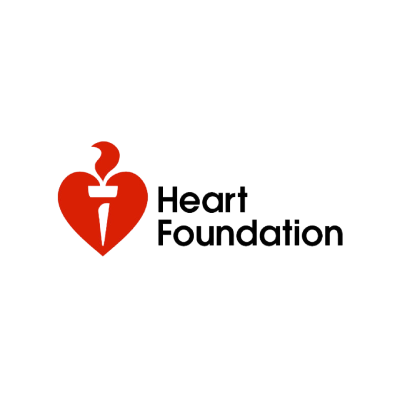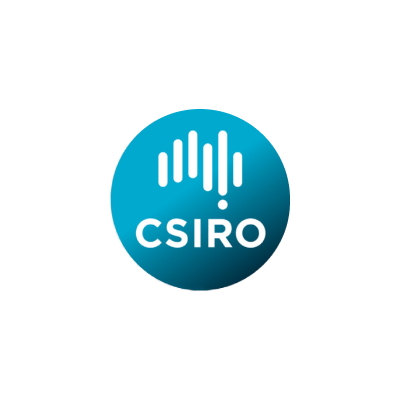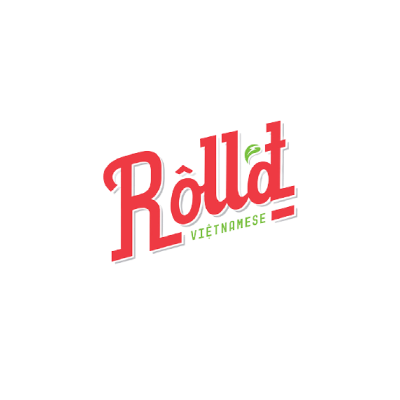Coeliac Disease

Coeliac disease is an auto-immune condition whereby the immune system reacts abnormally to gluten and subsequently damages the small bowel.
Coeliac disease can occur at any age and affects all genders. In order to develop coeliac disease however, you must already have the genetic predisposition. Approximately 1 in 70 Australians have coeliac disease.
Gluten is the protein found in wheat and derivatives of wheat such as barley, rye and oats. When consumed, gluten damages the villi – also known as finger-like projections within the small bowel that assists with the digestion and absorption of food and nutrients.
Some symptoms of coeliac disease include:
-
Nausea and vomiting after eating wheat-containing products -
Weight loss -
Constipation -
Diarrhoea Flatulence -
Hot / Cold Chills -
Iron deficiency -
Abdominal pain
When Unsuccessfully Managed
When unsuccessfully managed, coeliac disease can cause the development of osteoporosis, infertility, chronic poor health, depression and teeth problems. Early diagnosis and management of coeliac disease significantly decreases the likelihood of most complications.
Dietary management for coeliac disease is key in disease management and prevention of progression.
Working with a Dietitian can make the process of disease management effective and less burdensome. In-depth dietary assessments are made to assess the amount and frequency of gluten being consumed and offer gluten-free alternatives. Label reading and education is provided to all clients with coeliac disease.

Frequently asked questions
















